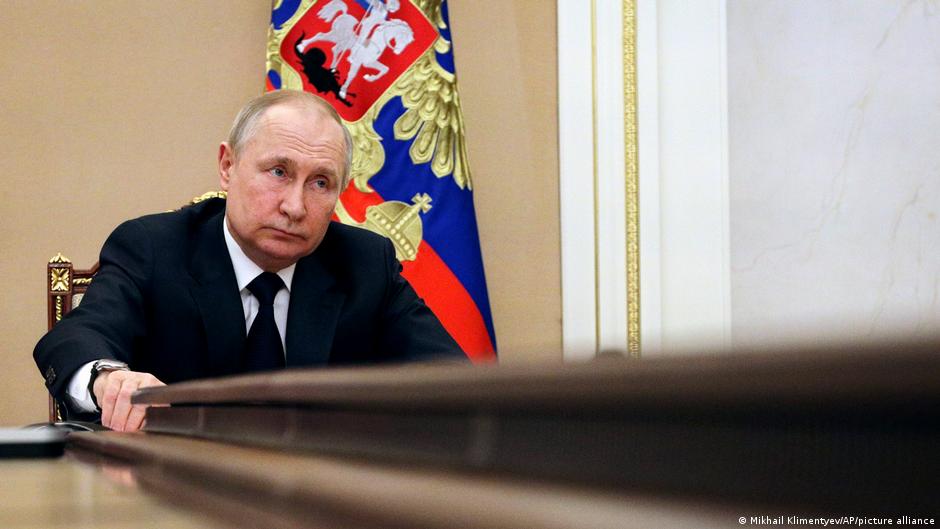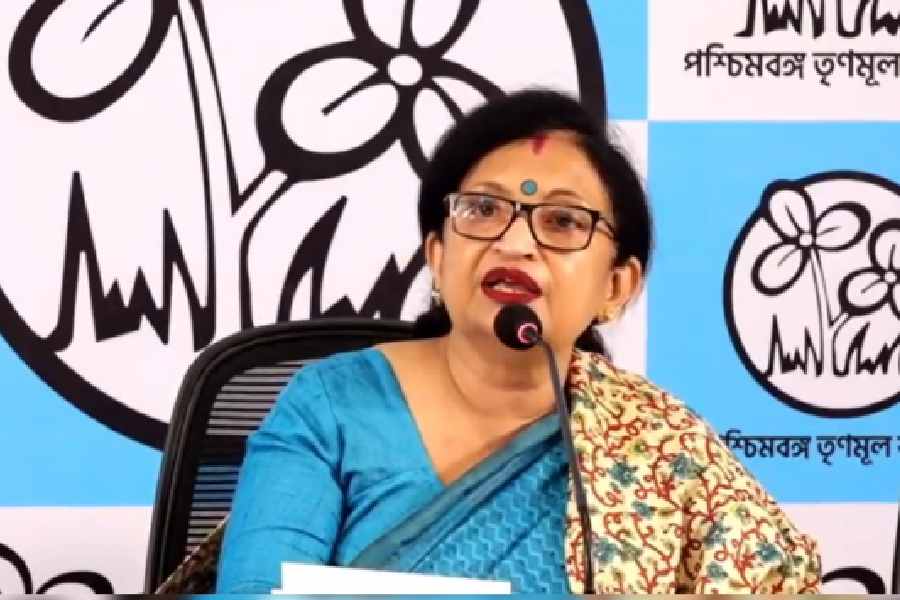EU leaders were poised to endorse an embargo on Russian oil on Monday after weeks of intensive talks, the bloc’s most far-reaching effort to punish Moscow for its invasion of Ukraine by depriving the Kremlin of a key stream of revenue and accelerating Europe’s independence from Russian fuel.
To reach the proposed compromise at a summit in Brussels, however, negotiators were forced capitulate to Hungary’s demand that it be practically indefinitely exempted from the measure.
The exemption would barely dent the impact of the bloc’s new sanctions on Russia: given Hungary’s small size, its continued purchase of Russian oil offers little financial benefit for the Kremlin. But politically, it offered the most definitive sign yet that Hungary has peeled away from the bloc in meaningful ways when it comes to Russia, with which it maintains close political links.
After weeks of often fraught negotiations, the agreement will ban all Russian oil transported to the EU by tankers, while permitting pipeline delivery of crude oil.
That would constitute an outright ban on two-thirds of all oil imported into the bloc from Russia, based on the draft agreement that leaders were set to adopt on Monday and which was seen by the Times.
Russia is the world’s third largest exporter of oil and EU member states were spending around $23 billion per month on Russian crude since the war started and oil prices surged.
While the move would likely deal the Kremlin a significant financial blow, it would come at a heavy economic cost for Europe, which depends heavily on Russian fossil fuels. The EU gets about 27 per cent of its crude oil imports from Russia and a higher share of its oil products, paying billions of dollars a month.
Diplomats directly involved in the talks said that Germany, which receives Russian oil by pipeline, said it would verbally commit to cutting that off by the end of 2022. Slovakia and the Czech Republic were also expected to offer verbal assurances that they would shut down the supply via pipeline on an expedited timeline. The EU originally had proposed banning all Russian oil by the end of the year.
(New York Times News Service )
French TV scribe killed
A French journalist was killed in Ukraine when shelling hit the vehicle he was travelling in that was being used for the evacuation of civilians near the city of Sievierodonetsk. Frederic Leclerc-Imhoff, 32, the latest journalist killed since Russia invaded Ukraine in February, was on his second reporting trip for French television channel BFM in Ukraine, his employer said. An armoured transport vehicle was hit by shrapnel from a Russian shell, killing the journalist. Reuters










